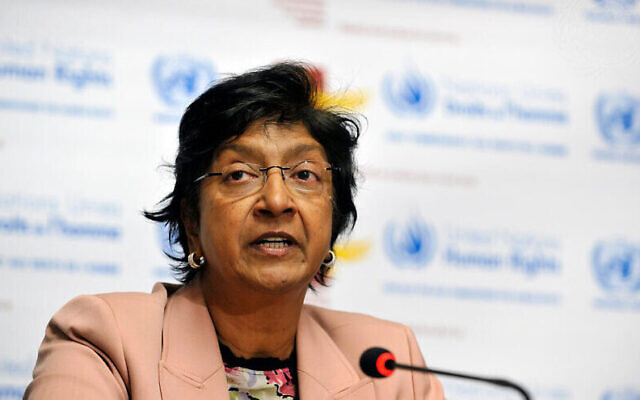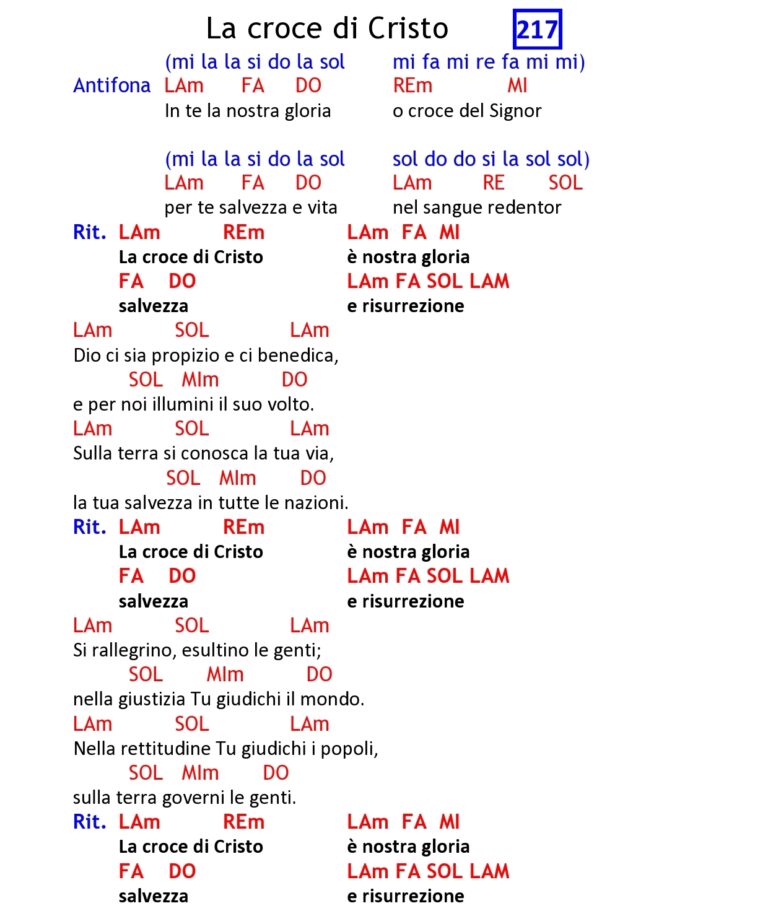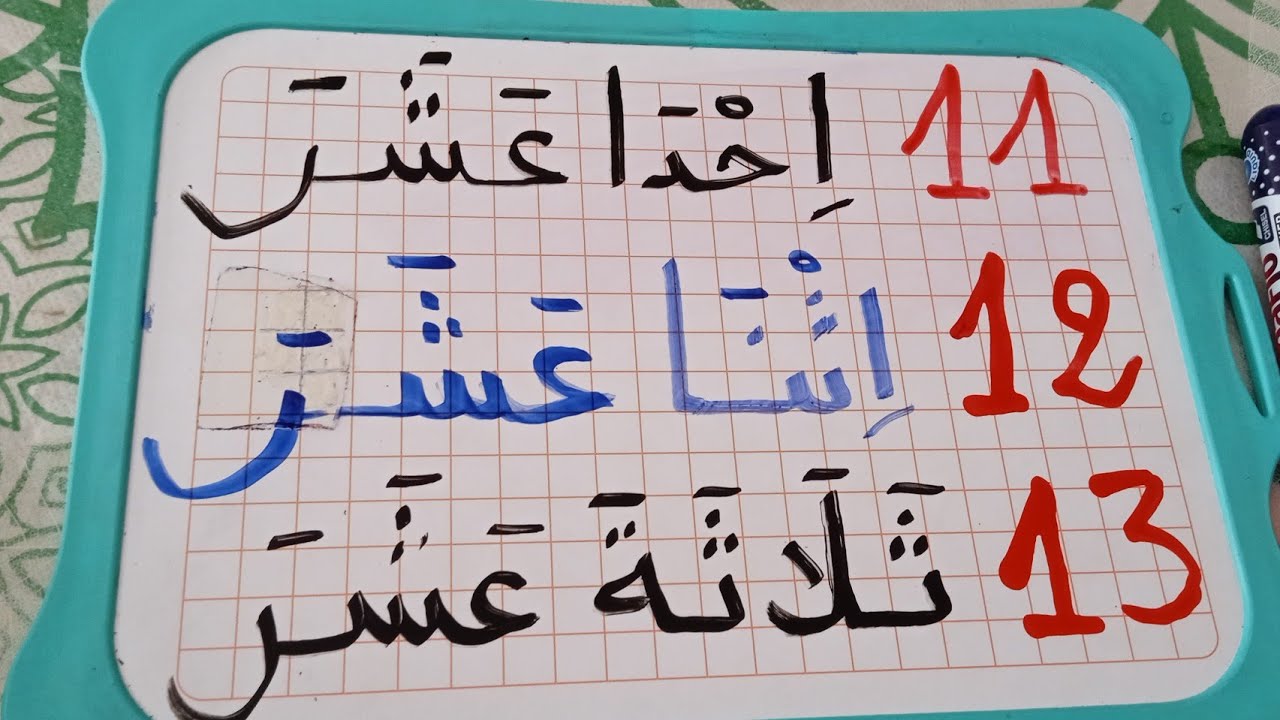Commission Of Inquiry Into Apartheid Crimes: Ramaphosa's Agreement

Table of Contents
The Rationale Behind Ramaphosa's Agreement
The decision to establish the Commission of Inquiry into Apartheid Crimes wasn't arbitrary; it stemmed from a confluence of political and social pressures that have built up over decades. For years, victims of apartheid and civil society organizations have relentlessly campaigned for accountability for the countless human rights violations committed during that dark period. These persistent calls for justice, coupled with a growing international demand for the prosecution of perpetrators, finally culminated in Ramaphosa's agreement.
The establishment of this commission isn't merely about prosecuting individuals; it’s about national healing and reconciliation. By confronting the past head-on, South Africa aims to address the deep-seated trauma and social inequalities that are still a legacy of apartheid. This initiative represents a crucial step toward building a more just and equitable society.
- Pressure from victims and civil society organizations: Decades of advocacy and tireless campaigning finally bore fruit.
- International pressure for justice and accountability: Global human rights organizations have long urged South Africa to address its apartheid past.
- Strengthening South Africa's commitment to human rights: The commission reinforces South Africa's position as a champion of human rights on the world stage.
- Addressing the legacy of apartheid's impact on current social inequalities: Acknowledging and rectifying the injustices of the past is essential for building a more just future.
Scope and Mandate of the Commission of Inquiry
The Commission of Inquiry into Apartheid Crimes will investigate a wide range of atrocities committed during the apartheid era. This includes, but is not limited to, murder, torture, forced removals, and other crimes against humanity. The geographical scope of the inquiry will encompass the entire country, ensuring that no region or community is excluded from the process of truth-seeking and justice.
The commission will be granted extensive powers, including the authority to subpoena witnesses, compel the production of documents, and conduct thorough investigations. A key aspect of the commission's mandate is ensuring meaningful participation for victims, providing them with a platform to share their experiences and seek redress for the suffering they endured. The timeframe for the completion of the inquiry will likely be substantial, given the complexity and magnitude of the task.
- Specific crimes under investigation: Murder, torture, rape, forced removals, political imprisonment, and other human rights violations.
- Geographical scope of the inquiry: Nationwide, encompassing all areas affected by apartheid.
- Timeframe for the completion of the inquiry: Likely to be several years, given the scale of the task.
- Mechanisms for victim participation and redress: The commission will establish procedures for victims to testify, share their stories, and seek appropriate redress.
Potential Challenges and Obstacles
Despite its noble objectives, the Commission of Inquiry into Apartheid Crimes faces significant challenges. One major hurdle is the difficulty in locating witnesses and gathering evidence after so many years. Many key witnesses may have passed away, while others might be reluctant to testify due to fear of reprisal or the passage of time. Furthermore, obtaining the cooperation of perpetrators and those implicated in apartheid crimes will be a considerable challenge.
The commission's powers are not unlimited, and there may be legal and procedural limitations that hinder the investigation. Political interference, though hopefully minimal, remains a potential obstacle to the commission's impartiality and effectiveness. Finally, the commission will need to carefully balance the pursuit of justice with the imperative of national reconciliation.
- Difficulties in locating witnesses and evidence: The passage of time presents significant obstacles in gathering crucial evidence.
- Potential for resistance from those implicated in apartheid crimes: Some individuals may actively obstruct the commission's work.
- Resource constraints and logistical challenges: The inquiry requires substantial financial and logistical resources.
- Balancing justice with national reconciliation: The commission needs to ensure that the pursuit of justice does not exacerbate existing social divisions.
International Implications and Support
The establishment of the Commission of Inquiry into Apartheid Crimes has garnered significant international attention and support. Many international organizations have welcomed the initiative, recognizing its importance for transitional justice and human rights. International collaboration will be crucial, particularly in providing technical expertise, financial assistance, and sharing best practices from similar inquiries conducted elsewhere in the world.
The outcome of this commission will have a significant impact on South Africa's international reputation. A successful inquiry, characterized by its thoroughness, impartiality, and commitment to justice, will enhance South Africa’s standing as a leader in promoting human rights and accountability. Conversely, any shortcomings in the process could negatively impact its international standing.
- Statements of support from international organizations: Numerous international human rights bodies have expressed their support for the commission.
- Potential for financial and technical assistance: International organizations may provide crucial resources to support the inquiry.
- International legal precedents and best practices: The commission can draw upon experiences from similar inquiries around the world.
- Implications for transitional justice efforts globally: The South African experience will provide valuable lessons for other countries grappling with their own pasts.
Conclusion: The Path Forward for the Commission of Inquiry into Apartheid Crimes
The Commission of Inquiry into Apartheid Crimes represents a bold step towards achieving justice and reconciliation in South Africa. President Ramaphosa's commitment to this initiative signals a profound recognition of the need to confront the legacy of apartheid and its lasting impact. The success of the commission hinges on overcoming the numerous challenges outlined above, including ensuring the participation of victims, securing cooperation from witnesses, and maintaining the integrity of the process.
The path forward requires sustained engagement from all stakeholders, including the government, civil society, international organizations, and the South African people. Learning more about the Commission of Inquiry into Apartheid Crimes, following its progress, and engaging in discussions about transitional justice and the legacy of apartheid are crucial steps in supporting this vital endeavor. Ramaphosa’s commitment to justice, and the establishment of this commission, demonstrate a crucial turning point in South Africa's journey towards a truly equitable and just society. Let us all actively participate in ensuring its success and achieving lasting accountability for apartheid crimes.

Featured Posts
-
 Five Children Killed Mothers Chilling Confession
Apr 30, 2025
Five Children Killed Mothers Chilling Confession
Apr 30, 2025 -
 Ace Power Promotion Hosts Boxing Seminar Learn The Skills March 26th
Apr 30, 2025
Ace Power Promotion Hosts Boxing Seminar Learn The Skills March 26th
Apr 30, 2025 -
 Zoe Kravitz And Noah Centineo Dating Rumors Analyzed
Apr 30, 2025
Zoe Kravitz And Noah Centineo Dating Rumors Analyzed
Apr 30, 2025 -
 La Croce Di Cristo La Perspectiva Di Feltri Nel Venerdi Santo
Apr 30, 2025
La Croce Di Cristo La Perspectiva Di Feltri Nel Venerdi Santo
Apr 30, 2025 -
 Jwanka Walnsr Arqam Mthyrt Lljdl Wqraet Fy Mstqbl Alfryq
Apr 30, 2025
Jwanka Walnsr Arqam Mthyrt Lljdl Wqraet Fy Mstqbl Alfryq
Apr 30, 2025
